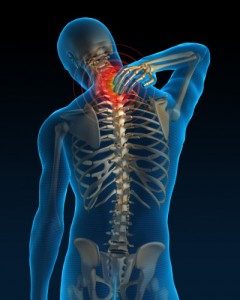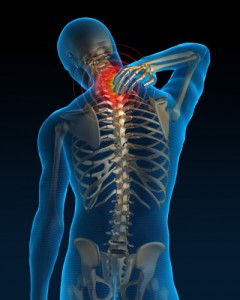 One of the most important things I teach people is the importance of their breath and its effects on the mind/body state. Most people are painfully unaware of this fact. I say, “painfully” because a large number of the clients I see are in pain because they don’t know how to breathe. So, I’m reaching back to my days of yoga and bodywork and bringing them back to life in my Jungian analysis and counseling practice.
One of the most important things I teach people is the importance of their breath and its effects on the mind/body state. Most people are painfully unaware of this fact. I say, “painfully” because a large number of the clients I see are in pain because they don’t know how to breathe. So, I’m reaching back to my days of yoga and bodywork and bringing them back to life in my Jungian analysis and counseling practice.
All relaxation methods and meditation techniques are grounded in the breath. Before you practice the breathing meditation I shared, you need to check in wiht your breathing. So, let’s see if you have bad breath:
Try this simple breathing exercise:
place one hand on your chest and one hand on your belly. Now take a deep breath. Where do you first feel the expansion: in your chest or in your belly?
Basic breathing occurs either costally (chest) or diaphragmatically (belly). Costal breathing engages the body’s fight or flight response. Heart rate increases, digestion stops, and our muscles tighten up. Psychologically, we are tweaked and looking for trouble. Our body can only sustain this state for short periods. Stay in that state for extended periods of time and your mind/body will let you know. Simply, you will become edgy, irritable, sleepless, and in pain.
Diaphragmatic breathing engages the rest and digest response, inducing a state of overall calm in the mind/body. When you breathe deeply into the belly, it should extend, the breath should rise with the chest expanding, as the rib cage is lifted, making room for the lungs to fill with oxygen. Some neck muscles aid that lifting process. Breathing directly into the chest, on the other hand, causes secondary breathing muscles become primary breathing muscles. These become overworked, taut, and riddled with trigger points which can cause satellite pain in the chest, the shoulder, both front and back, and down the arm and into the hand. All of that because of a little bad breath.
The more you practice good breath, the sooner it will become your natural breathing pattern. No more bad breath. No more pain in the neck.
If you want to read more about the effects of meditation on your brain or the connection between meditation and psychological transformation, just click one of the links.

